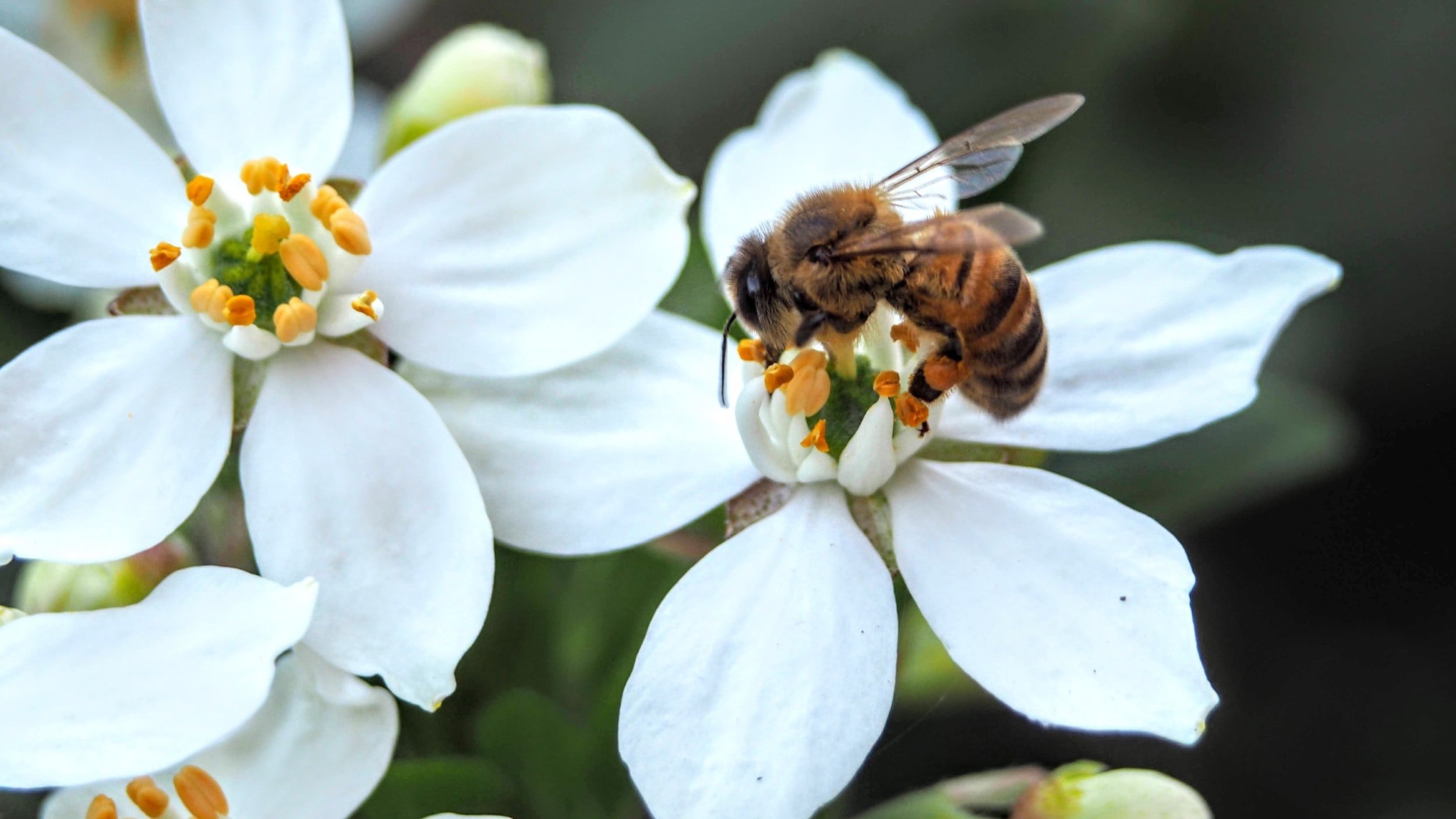The Buzz About Honey Bees in Spring!
Spring is the season of renewal, and with it comes a renewed buzz in the air. I’m not talking about birds, I’m talking about the honey bees! Did you know that springtime is when honey bees are their most active? In this blog post, we'll explore the amazing world of honey bees in spring and why they’re so important to us.
What Happens in Spring for Honey Bees?
Spring is the time when honey bees start getting to work. Bees have been overwintering in their hives, clustering close together to stay warm in the colder temperatures. As the weather starts to warm up, the bees will become more active. The first thing they do is clean up their hive from the winter months. Honey bees are very clean insects, so they’ll remove any debris or dead bees that accumulated inside the hive.
Bees Begin Collecting Nectar
With the hive cleaned and ready, the worker bees will begin collecting nectar from flowers to make honey. Nectar is a sweet liquid that flowers produce to attract insects like bees. When the bees collect the nectar, it goes into their honey crop, a part of their digestive system. They then return to the hive to regurgitate it into the honeycomb cells. This process is repeated until there’s enough nectar in the hive to make honey.
The Queen Bee Gets to Work
Spring is also when the queen bee starts laying eggs. The queen bee is responsible for the entire hive’s population, and in spring, she can lay up to 2,000 eggs a day! This is necessary to replace the older bees that died during winter and to increase the number of bees in the hive for the upcoming summer when flowers will be in full bloom.
Bees are Essential Pollinators
As bees collect nectar from flowers, they also help pollinate them. Pollination is necessary for plants to produce fruits and seeds. Without bees, many of the foods we eat, like apples, strawberries, almonds, and coffee, would not exist. Bees also pollinate plants used for clothing, such as cotton, and for medicine, like the willow tree, which produces aspirin.
What Can We Do to Help?
Honey bees are essential for our ecosystem, and they’re in danger due to habitat loss, pesticides, and climate change. Supporting local beekeepers is a great way to help them. By buying honey from a local beekeeper, you’re supporting the local economy and helping the beekeeper maintain their hives. Additionally, planting native flowers in gardens and choosing to buy organic produce can reduce the use of pesticides that harm bees.
Conclusion
In summary, honey bees in spring are super busy and a vital part of our ecosystem. They collect nectar to make honey, pollinate plants, and increase their hive's population. Honey lovers can support local beekeepers, plant native flowers, and choose to buy local produce whenever possible. Who knew these tiny creatures could make such a big impact? So next time you see a honey bee buzzing around your garden, remember just how important they are!

